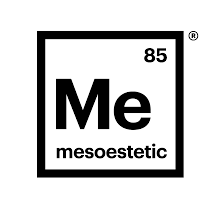Recently we held a poll on our Instagram where we asked our followers (aesthetic practitioners) if they have ever said no to patient, with over 300 votes, 95% said they have said “no” before.
The phrase “the customer is always right” has been one we have heard throughout our lives but when is the customer wrong and when can we say no?
The Importance of Saying NO
We can relate aesthetics to other beauty needs, lip filler becoming as common as getting your nails done. Although there are many things that differentiate the industries, one thing that stands out is patient and practitioner rapport – an aesthetic clinicians can say no.
You can ask your nail technician for fluorescent long nails and they will nod willingly but if you ask your aesthetic practitioner for 3ml of lip filler in already plump lips, they need to share their advice and look at alternative options.
When you take on new patients you are also taking on a duty of care to them, you need to utilise your knowledge and expertise to explain and to develop a treatment plan, working together to achieve their ideals but also working holistically because at the end of the day, their face is your walking advert.
Why you can say no…
Aesthetics can be a daunting world for new patients, they are coming to you because they might be unhappy about something or they have been referred either by social media influence or a friend. Most of the time they are coming to you with little knowledge or research, they may think they know what they want but you could actually offer other more suitable treatments.
This is where you need to use your expertise, utilise your training knowledge and enhance your patient and practitioner relationship by listening to their needs, sharing your advice and working together. Your patients want to leave feeling happy and if you know that you could offer them a longer-lasting feeling of happiness by implementing skincare and treatment plans, not just nodding and overfilling their lips you will both reap the rewards.
You are a skilled injector, you have put a lot of time, money and effort into your training, you have a vast amount of knowledge within aesthetics – you can say no.











